The lipstick index: sign of the economic times
Shoppers treat themselves to small indulgences in times of hardship
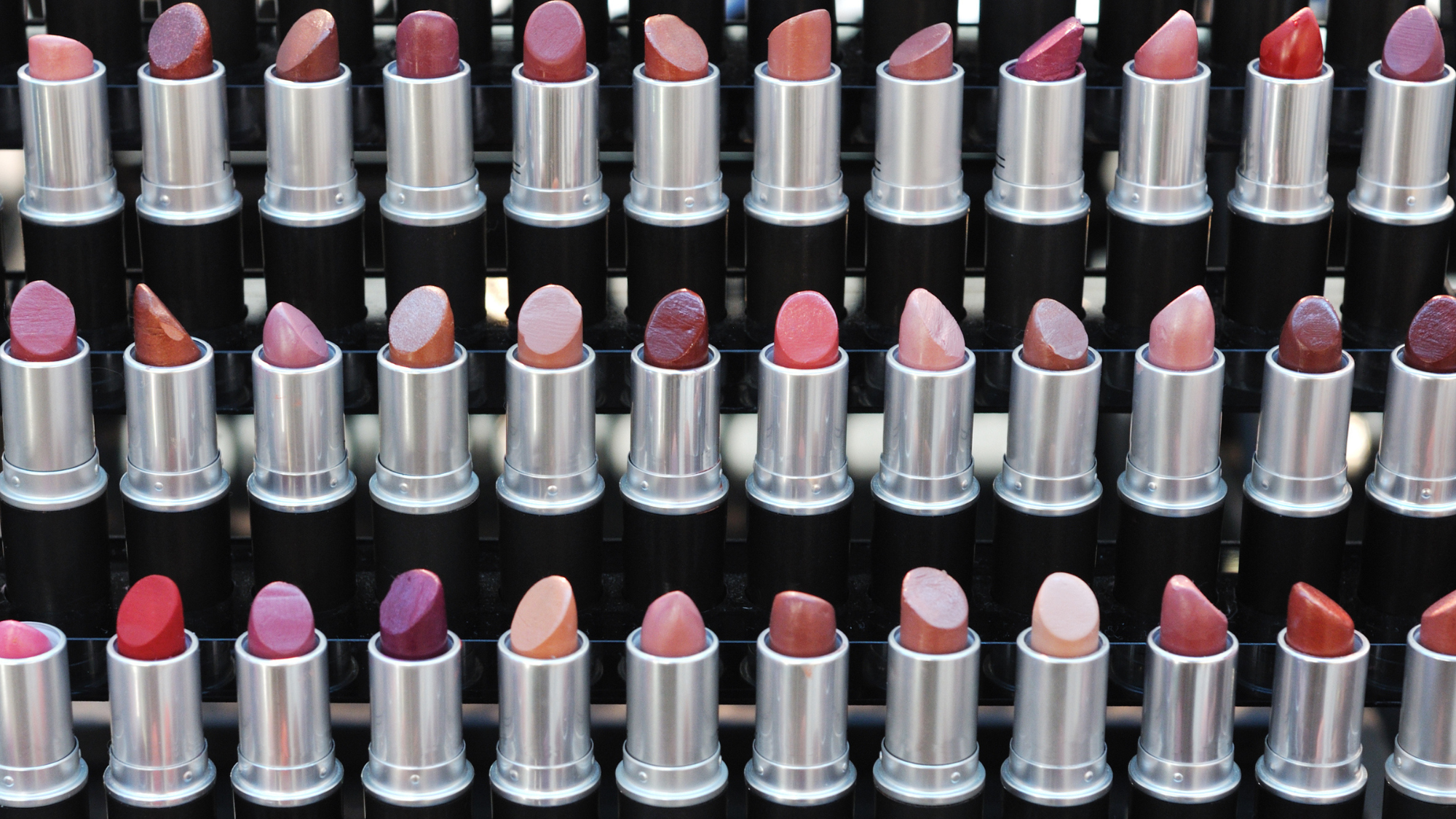
A free daily email with the biggest news stories of the day – and the best features from TheWeek.com
You are now subscribed
Your newsletter sign-up was successful
When cash is tight, shoppers readily ditch luxury investments, foreign holidays and premium foods – but make-up and skincare are items they seem to refuse to skimp on.
That's according to the "lipstick index", a theory that posits "purchases of smaller luxuries get a boost" during slumps, said The Independent. Because when "life's bigger aspirational items" are out of the question, things that provide a short-term morale boost – like "having an immaculate face" – remain "within reach".
Aesthetic index
The consumer trend was first observed in 2001 by Estée Lauder's chair, Leonard Lauder. After analysing customers' behaviour in the aftermath of 9/11, Lauder suggested lipsticks provided "a good gauge" of the economic landscape. He developed the term "lipstick effect" or "lipstick index" to sum up his hypothesis.
The Week
Escape your echo chamber. Get the facts behind the news, plus analysis from multiple perspectives.

Sign up for The Week's Free Newsletters
From our morning news briefing to a weekly Good News Newsletter, get the best of The Week delivered directly to your inbox.
From our morning news briefing to a weekly Good News Newsletter, get the best of The Week delivered directly to your inbox.
The "intriguing" idea "captured the consumer consciousness", and it has been "wheeled out" in times of economic decline since. Granted, it's "less technical" than other economic indicators, said CNN – but it's much "more fun". And though it "isn't always entirely accurate", it's a concept "worth exploring".
Little luxuries
In 2020, "at the height of the Covid economic downturn", said CNN, Estée Lauder's CEO Fabrizio Freda announced that moisturisers had supplanted lipsticks as an indicator of economic health, as customers were wearing masks – "but the concept of the index is still there", he added.
Indeed, the lipstick effect might now be in need of a rebrand, said The Independent. Other "smaller indulgences" like "fancy chocolate, barista-made coffees and takeaways" are now also part of the "'life's little luxuries' portfolio", a barometer of consumer mood and behaviour.
And as companies see an uplift in smaller-scale purchases, "retailers are more than willing to help these shoppers treat themselves", said BBC's Worklife. US retailer Target has "staked a flag" in what they market as "affordable joy". Macy's is touting a "mix of high-end and 'off-price'" luxury goods, rather than relying on discount sales periods. It's a strategy that "encompasses a mix of affordable and aspirational luxury items, available year-round".
A free daily email with the biggest news stories of the day – and the best features from TheWeek.com
Sign of the times
The psychology of the "lipstick effect" is "deeply rooted in how consumers seek emotional gratification and comfort during stressful times", professor of entrepreneurial marketing and consumer behaviour Zubin Sethna told The Independent. Small purchases provide "an accessible form of temporary escapism" that can spark a "dopamine rush and provide a psychological lift".
Beauty retailer Sephora made record sales last year, said CNN. And in the UK, "bad weather, tightening pocket strings and sustained working from home" may have led to a fall in in-person purchases, but "prestige and luxury beauty sales are buoying" the numbers, said the British Beauty Council. "Haircare and fragrance are propelling this success."
But spikes in small indulgent purchases are also a symptom of the "ostrich effect", behavioural scientist Richard Shotton told The Independent. There's research pointing to the trend of people burying their heads in the sand during tough times. It's "human nature", but it "isn't rational" – and "there's a tendency to adopt a fatalistic approach" that's temporarily alleviated by feel-good purchases. But "lipstick certainly can't buy you long-term happiness".
Julia O'Driscoll is the engagement editor. She covers UK and world news, as well as writing lifestyle and travel features. She regularly appears on “The Week Unwrapped” podcast, and hosted The Week's short-form documentary podcast, “The Overview”. Julia was previously the content and social media editor at sustainability consultancy Eco-Age, where she interviewed prominent voices in sustainable fashion and climate movements. She has a master's in liberal arts from Bristol University, and spent a year studying at Charles University in Prague.
-
 How the FCC’s ‘equal time’ rule works
How the FCC’s ‘equal time’ rule worksIn the Spotlight The law is at the heart of the Colbert-CBS conflict
-
 What is the endgame in the DHS shutdown?
What is the endgame in the DHS shutdown?Today’s Big Question Democrats want to rein in ICE’s immigration crackdown
-
 ‘Poor time management isn’t just an inconvenience’
‘Poor time management isn’t just an inconvenience’Instant Opinion Opinion, comment and editorials of the day
-
 How could worsening consumer sentiment affect the economy?
How could worsening consumer sentiment affect the economy?Today’s Big Question Sentiment dropped this month to a near-record low
-
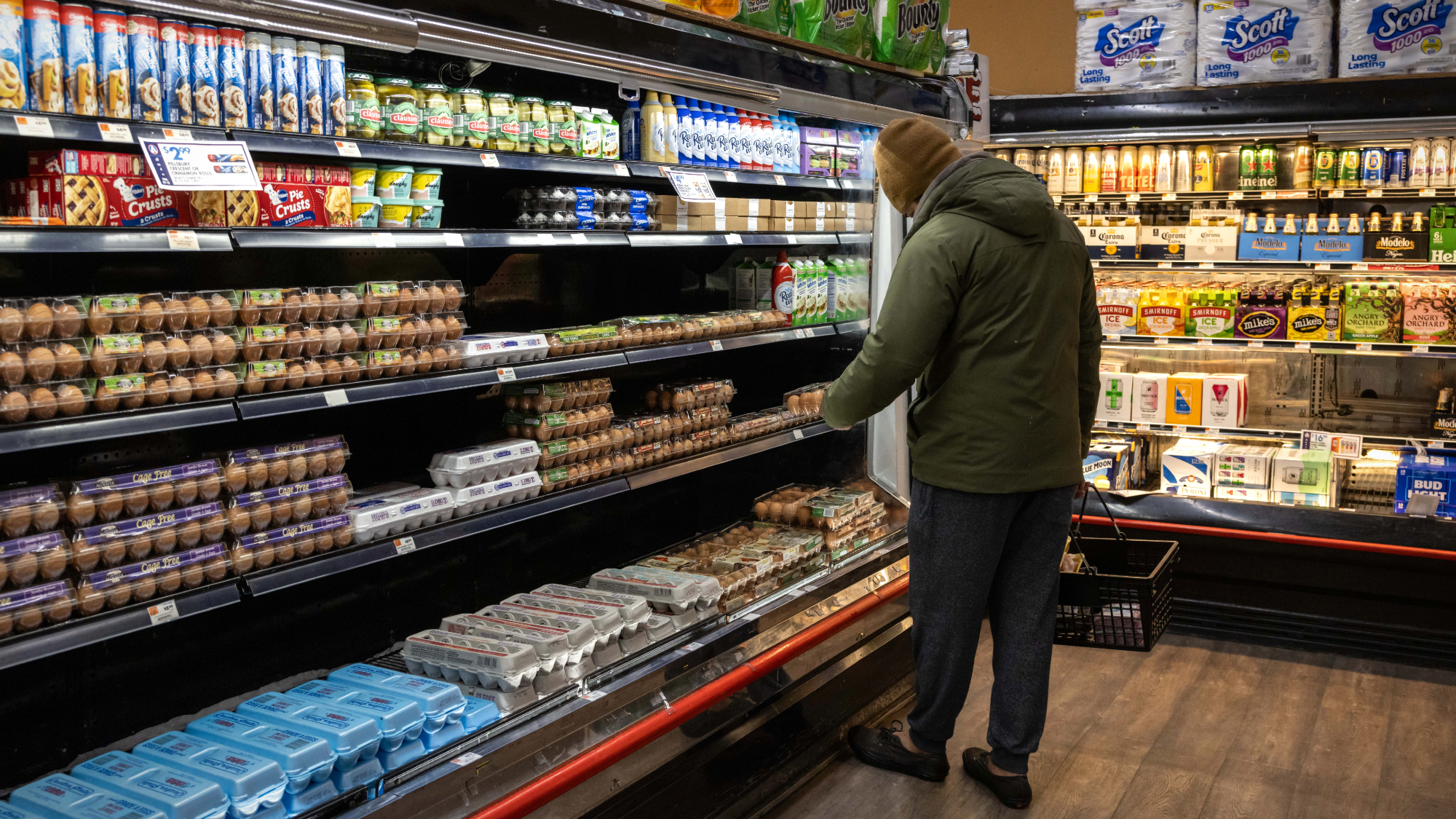 Economists fear US inflation data less reliable
Economists fear US inflation data less reliablespeed read The Labor Department is collecting less data for its consumer price index due to staffing shortages
-
 Rich people are 'powering' America's economy
Rich people are 'powering' America's economyTalking Points The income gap sets a new record
-
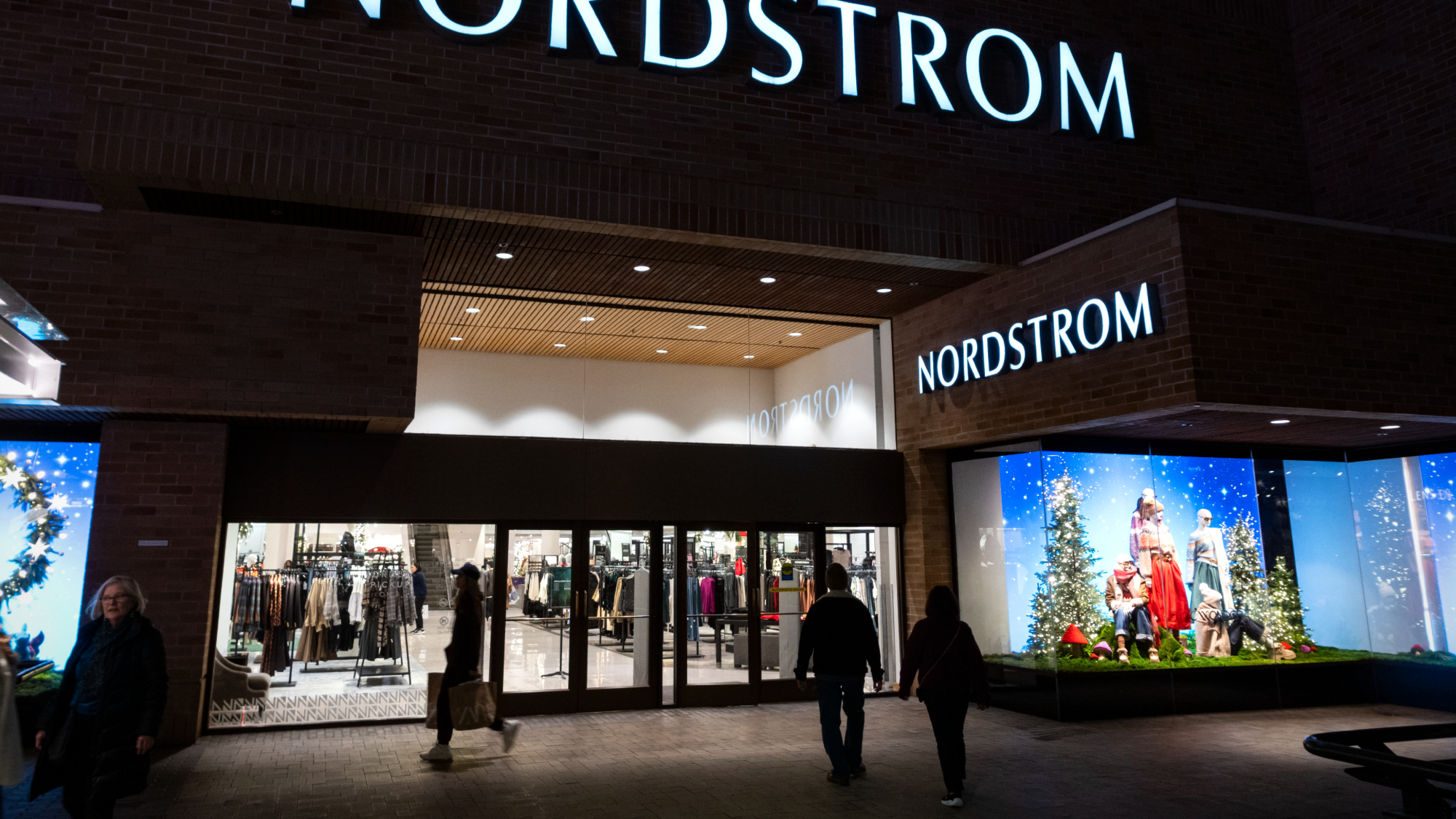 Nordstrom family, investor to take retail chain private
Nordstrom family, investor to take retail chain privateSpeed Read The business will be acquired by members of the family and El Puerto de Liverpool, a Mexican real estate company
-
 US economy still strong in final preelection report
US economy still strong in final preelection reportSpeed Read It grew at a solid 2.8% annual rate from July through September
-
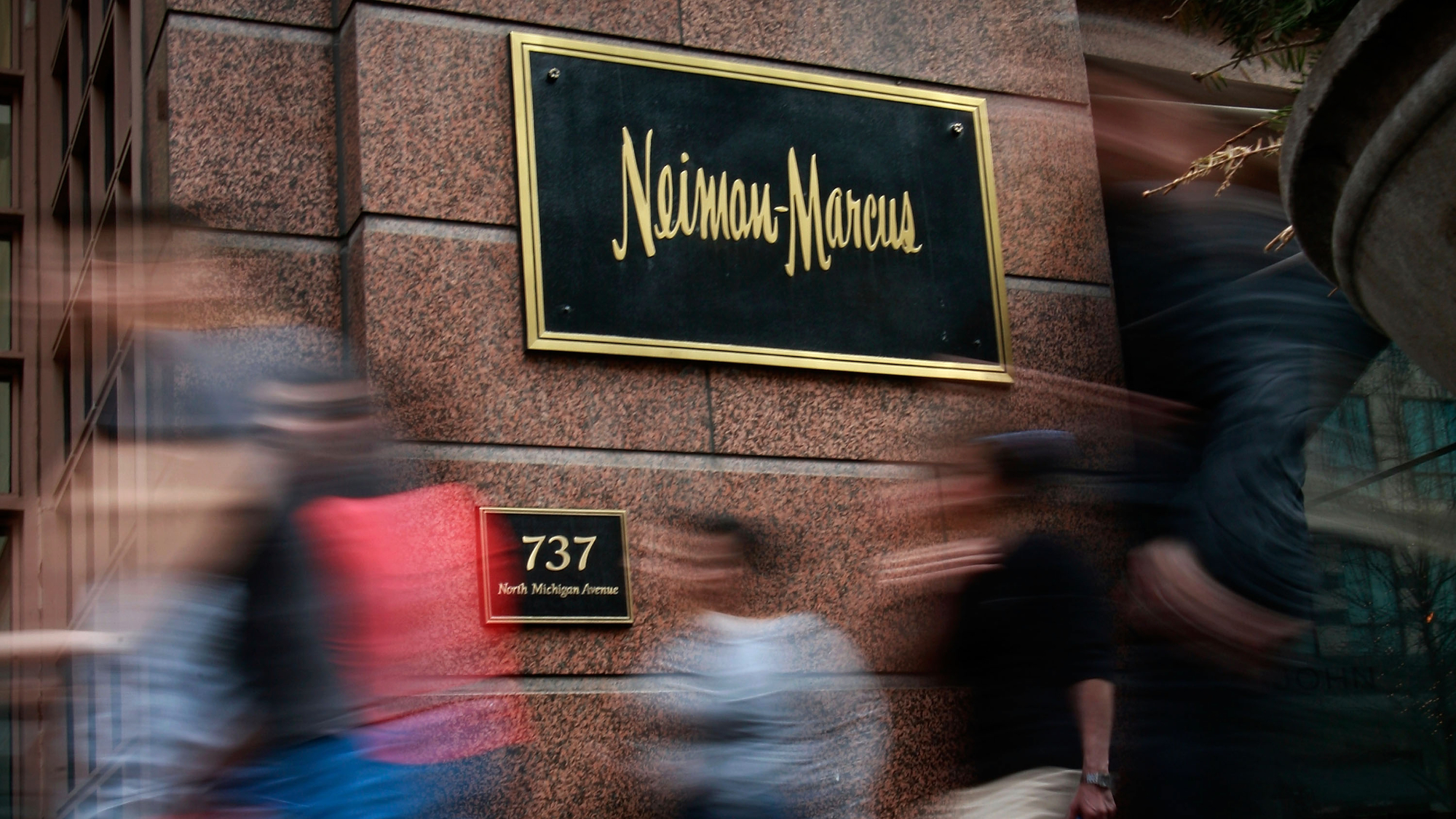 Saks buys Neiman Marcus in $2.65B deal
Saks buys Neiman Marcus in $2.65B dealSpeed Read Following the merger of the two legacy retailers, the new entity will be called Saks Global
-
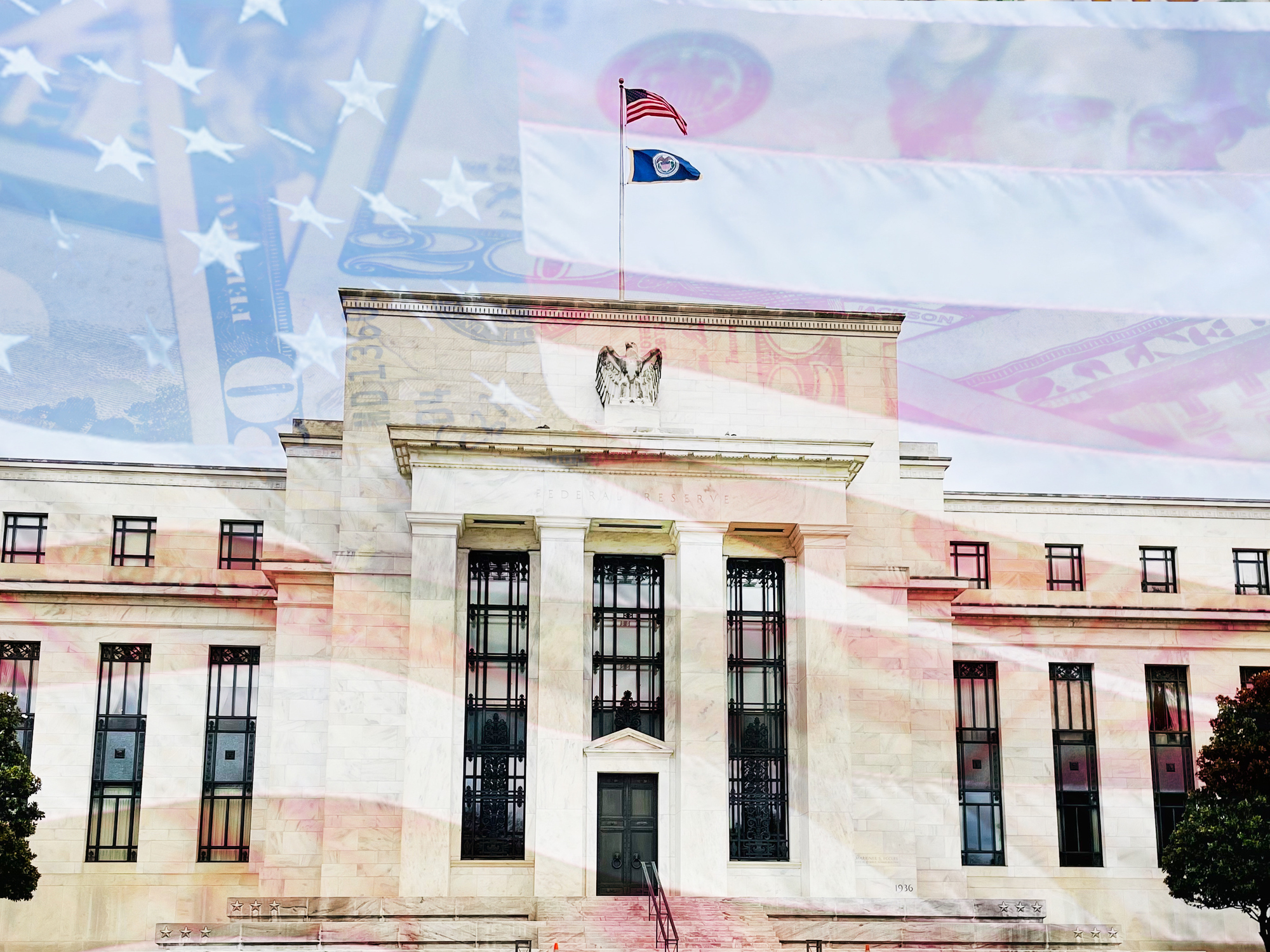 Could Fed interest rate cuts tip the election?
Could Fed interest rate cuts tip the election?Talking Points The central bank could make interest rate cuts during a campaign focused on the economy
-
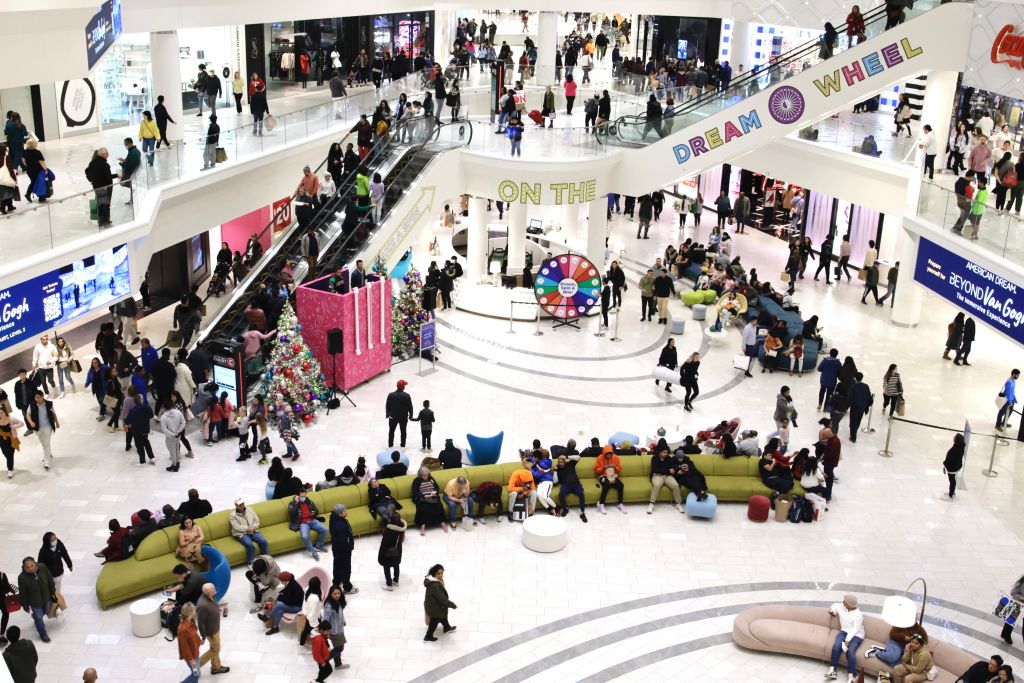 How long can consumers keep the economy humming?
How long can consumers keep the economy humming?Talking Points Consumers boosted growth, defying recession warnings. The question is whether 2024 will be different.